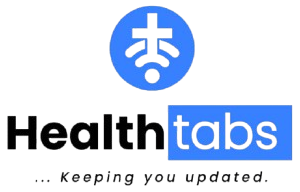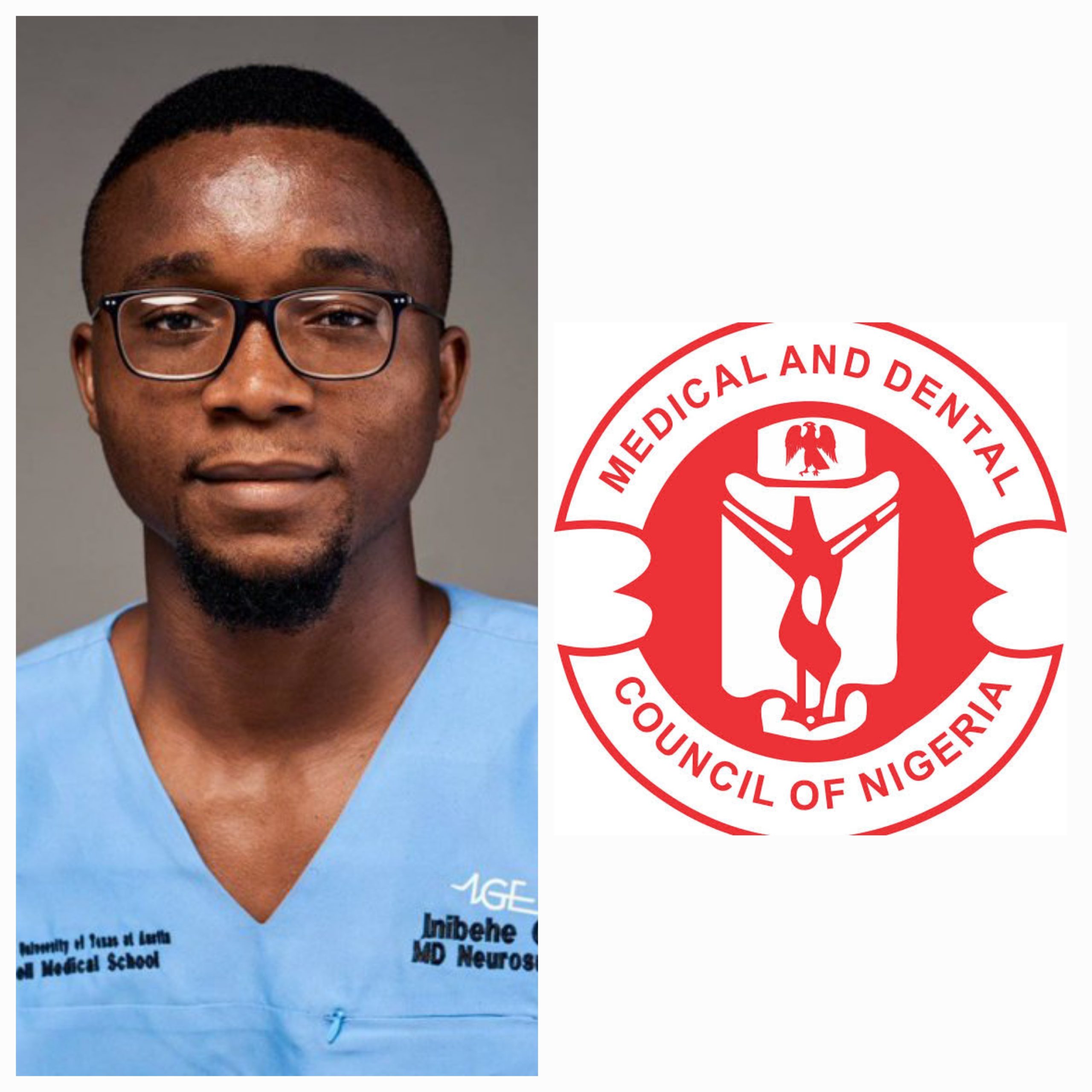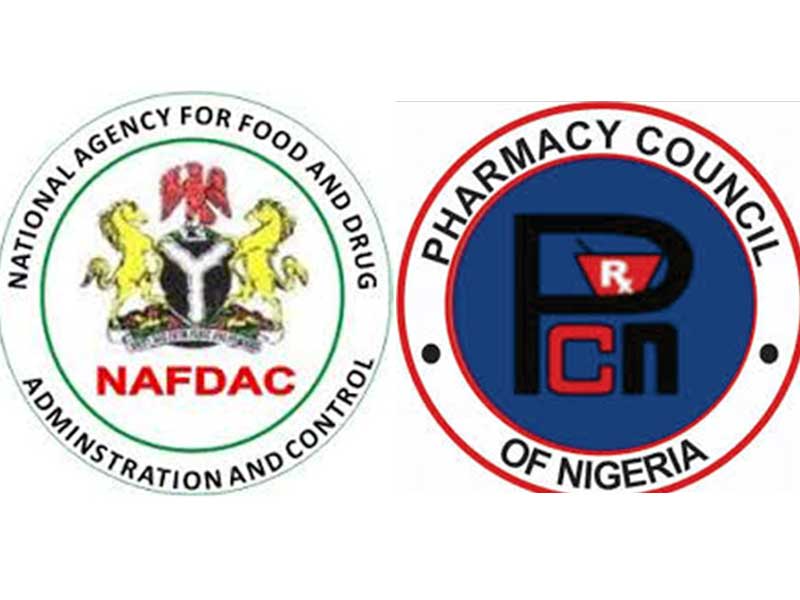The recent case of Inibehe Okon, a self-proclaimed neurosurgeon of Nigerian origin, has once again highlighted the growing menace of quackery and medical impersonation in Nigeria. Okon, who claimed to have studied at both the University of Uyo and Babcock University at different times, managed to deceive the public and even gained international recognition through alleged research collaborations. The University of Texas would later deny ties with him.
However, further scrutiny revealed that he was an impostor, exploiting the loopholes in Nigeria’s healthcare regulatory system. His case is just one of many, underscoring the dangers posed by unqualified individuals practicing medicine in the country.
The proliferation of quacks in Nigeria’s health sector presents a grave public health risk. A report by Daily Trust in 2023 revealed how the activities of fake doctors resulted in lifelong complications for patients, including fatalities. The failure to properly enforce existing regulations has allowed medical impostors to operate unchecked, endangering lives and undermining trust in the healthcare system.
Weak Enforcement of Medical Practitioners Act
The Medical and Dental Council of Nigeria (MDCN), established under the Medical and Dental Practitioners Act Cap M8 of 2004, is responsible for regulating the training and practice of medicine and dentistry in the country. However, the weak implementation of the provisions of the Act has allowed quackery to persist.
Section 2(a) of the Act mandates the establishment and maintenance of a register listing all individuals legally permitted to practice as medical or dental professionals. This register is meant to be publicly available, enabling easy verification of a doctor’s credentials. However, findings indicate that such a register does not exist. The absence of this vital tool creates an environment where impostors like Okon can thrive, as there is no readily available mechanism for the public to confirm a medical practitioner’s legitimacy.
Furthermore, Section 17 of the Act explicitly prohibits quackery and impersonation of medical professionals, prescribing penalties of up to N10,000 in fines, imprisonment for a term not exceeding five years, or both. However, enforcement has been largely ineffective.
In the Daily Trust report, the immediate past registrar of MDCN, Dr. Tajudeen Sanusi, stated that the Council lacks the legal authority to prosecute quacks due to limitations within its governing laws though it is stated in section 1 of the Act that the Council may sue or be sued.
The Need for Stronger Legal and Regulatory Reforms
This gap in enforcement allows quacks to operate with minimal consequences. Even if MDCN identifies impersonators, it lacks the power to directly prosecute and convict them, making it harder to deter medical fraud. Strengthening the Act to give MDCN full prosecutorial powers or establishing a specialized medical fraud enforcement unit could improve the fight against quackery.
Addressing this crisis requires a two-pronged approach: enforcing the existing provisions of the Medical and Dental Practitioners Act and amending its weak sections to impose stricter penalties on offenders. The current fine of N10,000 is grossly inadequate in deterring quackery, given the financial gains fraudsters reap from impersonating medical professionals. A significant increase in fines, coupled with lengthy jail terms, would serve as a stronger deterrent.
Moreover, MDCN must immediately establish and widely publicize a national database of registered medical and dental practitioners. This register should be easily accessible online and regularly updated to reflect new certifications, disciplinary actions, and removals. By doing so, patients and institutions can verify a doctor’s credentials in real time, reducing the risk of falling victim to quacks.
Beyond legislative and regulatory reforms, there must be a concerted effort to crack down on individuals falsely claiming to be doctors on social media and other platforms. Law enforcement agencies, in collaboration with MDCN, should set up a task force dedicated to identifying and prosecuting such fraudsters. Public awareness campaigns are also essential to educate Nigerians on how to verify the authenticity of medical practitioners before seeking treatment.
The consequences of inaction are dire. If left unchecked, the menace of quackery will continue to compromise patient safety, erode trust in the medical profession, and undermine Nigeria’s healthcare system. Strengthening the implementation of the Medical and Dental Practitioners Act is not just a regulatory necessity, it is a life-saving imperative.




